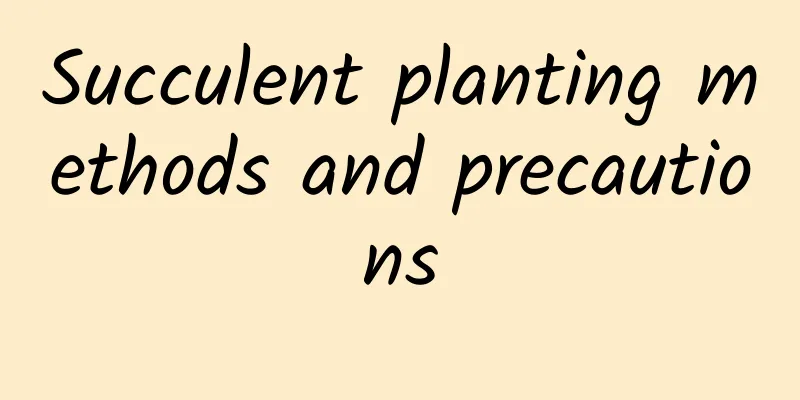Narcissus Flower Language

Flower LanguageThere are many varieties of daffodils, and each of these varieties has a different flower language. For example, the flower language of Chinese narcissus is love and missing you. In addition, there are many varieties of daffodils, and their flower language is: The flower language of daffodils: love you, anticipation of love, purity. The flower language of daffodils: revisiting love. The flower language of daffodils: good times and prosperity. The flower language of wild daffodils is respect. In the UK, wild daffodils have the greatest influence on people. This kind of daffodil is loved by many poets and painters, so the flower language of wild daffodils is "respect". The flower language of Colchicum: youth without regrets. Colchicum was originally chosen to be used to worship Saint Theachindos, a young man who was executed in Roman times. In order to commemorate this young man who devoted his entire youth and life to his mission, later generations regarded Colchicum as the continuation of his life, so the flower language of Colchicum is youth without regrets. In addition, in Greek mythology, a beautiful woman fell in love with the beautiful boy Narcissus, but was rejected by him. So Narcissus was punished and fell in love with his own reflection in the water, and finally turned into a daffodil. Therefore, the flower language of daffodils also includes the meaning of narcissism. Birthday FlowersNarcissus is the birthday flower for March 16th. The birthday flower is pure white narcissus, and the flower language of pure white narcissus is intoxication, full of narcissism and self-intoxication. People who are blessed by this flower love themselves deeply but find it difficult to open their hearts to love others. In addition, daffodil is also the birth flower of Pisces among the twelve zodiac signs. SymbolismDuring the Chinese New Year, daffodils symbolize longing and reunion. The narcissus flower is pure and elegant in shape, just like a fairy on the water. It symbolizes the elegance among flowers and is a symbol of purity and auspiciousness. |
<<: On haze days, these 20 plants are best to put at home
>>: Can the fruit of yew be eaten?
Recommend
The advantages and disadvantages of Lady Anise Rose
The height of the Lady Anise Rose is 60-80 cm, th...
Maintenance tips for Cleome
Cleome in pots It is not very difficult to plant ...
Maintenance methods of Zi Chi Nian Hua in four seasons
Spring maintenance The spring of Zi Chi Nian Hua ...
The breeding methods and precautions of Ping Pong Lady
1. Potting soil The choice of potting soil for gr...
What to do if the roots of Oxalis are rotten
Causes of root rot The rhizome of Oxalis is small...
What kind of fertilizer is good for peony base fertilizer (base fertilizer application method)
Selection of base fertilizer for peony Before pla...
Lotus root planting time and method
Lotus root planting time Lotus roots are generall...
How to cultivate Australian fir bonsai
1. Breeding environment 1. Soil: It has high requ...
Does spring rain prefer shade or sun?
Does spring rain prefer shade or sun? Spring rain...
Can bamboo be exposed to the sun? Can it be exposed to the sun?
Can bamboo be exposed to the sun? Bamboo can be e...
When is the best time to prune Kalanchoe?
Kalanchoe pruning time The Kalanchoe can be prune...
Which month is the best to plant watermelons?
Watermelon is widely cultivated in China and is n...
Can you distinguish between Zibao and Woniu?
The difference between Zibao and Woniu: different...
What to do if Impatiens root rots
reason Overwatering Plants absorb and transport n...
The flower language and symbolic meaning of Epiphyllum
1. Flower Language The flower language of Epiphyl...









